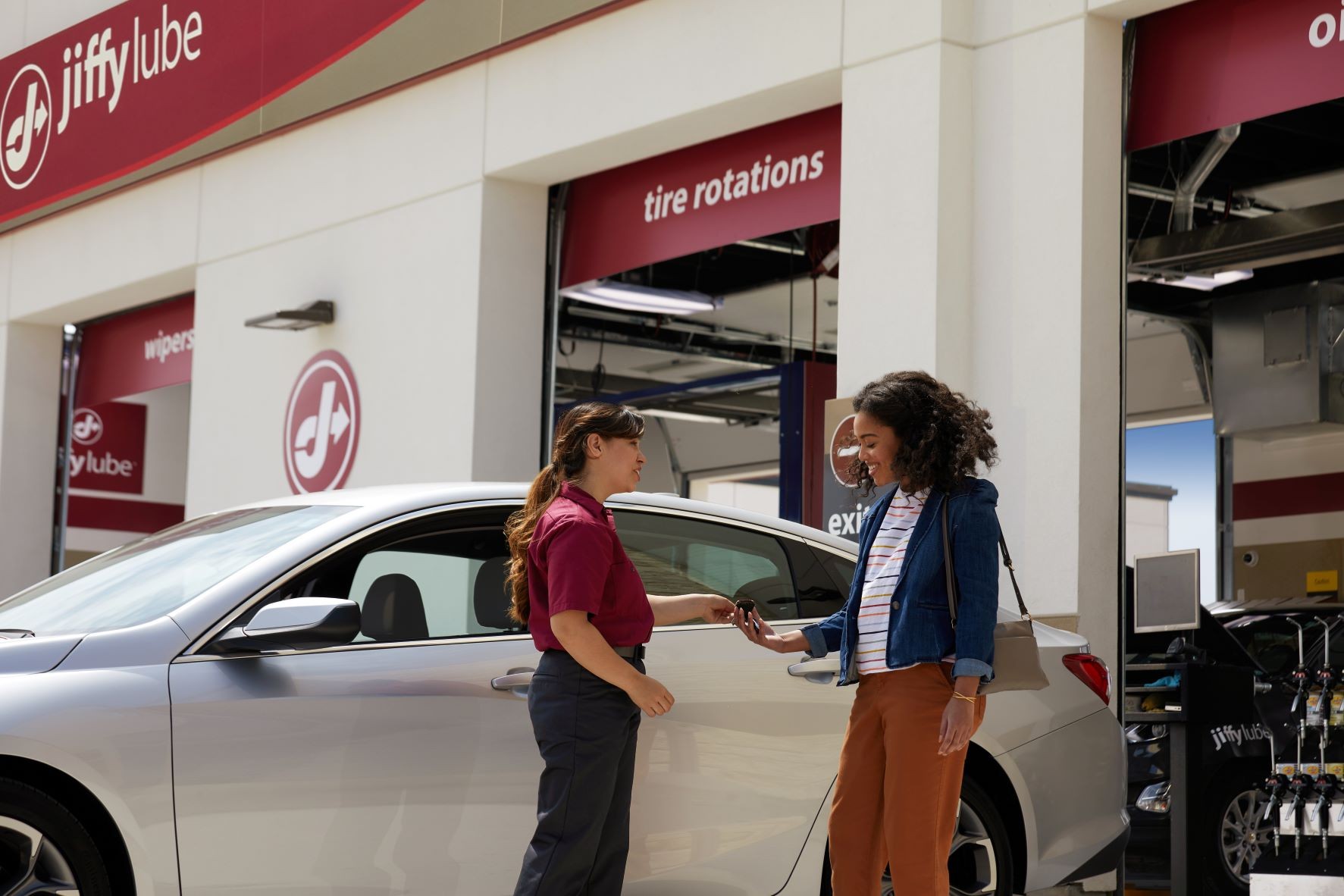We often find ourselves frustrated with technology when things get complicated. However, when it comes to car diagnostics, technology actually simplifies things significantly. Modern vehicles are equipped with computerized diagnostic systems that are incredibly beneficial. A car diagnostic test is designed to digitally detect potential issues early, alerting drivers to malfunctions before they escalate into costly repairs or, more importantly, become safety hazards.
Understanding How a Car Diagnostic Test Works
Car diagnostic systems offer a digital analysis of your vehicle’s computer and various components.
- When you start your car, specialized software becomes active.
- This software monitors crucial systems such as the engine, transmission, and brakes.
- Data reports are generated from this monitoring.
- By analyzing these reports, technicians can pinpoint any areas of concern within your vehicle.
While it’s technically possible to perform a car diagnostic test at home, it requires specific knowledge and equipment. Your vehicle’s owner’s manual may provide instructions, but for most, professional assistance is more practical.
Why Professional Diagnostic Services are Often Preferred
When the Malfunction Indicator Light (MIL), commonly known as the check engine light, illuminates, many drivers turn to professionals. This process, sometimes referred to as engine diagnostic testing, typically begins with a technician using a scanner to read the Diagnostic Trouble Code (DTC) triggered by the warning light.
Analyzing the DTC data allows technicians to efficiently and effectively identify performance problems. For instance, if the data indicates an issue within the ignition system, a technician will focus their initial inspection there.
Interestingly, your car’s computer system has a remarkable memory. It records intermittent issues that may have occurred briefly and then resolved themselves. Examining this historical data can help technicians identify patterns and recurring problems, which is invaluable for accurately diagnosing current issues.
Once problems are identified, technicians can recommend necessary repairs, such as cleaning or replacing faulty parts. Reputable service providers will always provide a written estimate and address any questions you might have before commencing any work, ensuring transparency and understanding throughout the process.
Determining When a Car Diagnostic Test is Needed
Unlike routine maintenance tasks like tire rotations, which are recommended at specific intervals, car diagnostic tests don’t follow a strict schedule. Instead, they are typically used in the following situations:
- When a dashboard indicator light, such as the check engine light, comes on.
- As part of a comprehensive vehicle maintenance check.
- When you experience noticeable drivability issues.
Service centers often recommend diagnostic services based on your vehicle owner’s manual, when warning lights appear, or when drivability problems arise.
Common Drivability Issues That May Warrant a Diagnostic Test
These issues can include, but aren’t limited to:
- Irregular or rough idling.
- Engine stalling.
- Hesitation during acceleration.
For optimal vehicle performance and safety, it’s wise to conduct a car diagnostic test promptly when any of these symptoms occur.
Exploring Options: Where Can You Get a Car Diagnostic Test?
When your car needs a diagnostic test, you have several options, each with its own advantages and considerations:
1. Local Auto Parts Stores: Many auto parts stores offer free basic diagnostic scans, often just reading the DTC codes. This can be a quick way to get an initial idea of the problem. However, these scans are usually very basic and may not provide in-depth analysis. They are a good starting point for simple issues but might not be sufficient for complex problems.
2. Independent Repair Shops: Local independent car repair shops are equipped to perform comprehensive diagnostic tests. They often provide more personalized service and can be more affordable than dealerships. Ensure the shop employs experienced technicians and has positive reviews.
3. Dealership Service Centers: Dealerships have specialized equipment and factory-trained technicians for specific car brands. They can offer thorough diagnostics and repairs, especially for complex or brand-specific issues. However, dealership services can sometimes be more expensive.
4. National Automotive Service Chains: Service chains like Jiffy Lube offer car diagnostic services as part of their maintenance and repair offerings. These can be convenient and are often located nationwide. They provide a balance of professional service and accessibility.
5. Mobile Mechanics: For ultimate convenience, mobile mechanics can come to your location to perform diagnostic tests. This is helpful if your car is undrivable. Ensure the mobile mechanic is reputable and has the necessary diagnostic tools.
6. DIY with an OBD-II Scanner: If you are technically inclined, you can purchase an OBD-II scanner to perform diagnostics yourself. These scanners range in price and capability. While this gives you control, it requires you to understand the codes and potentially troubleshoot the issues yourself. This option is best for those with some automotive knowledge.
Considering the Cost of a Car Diagnostic Test
The initial cost of a diagnostic test is generally consistent across different vehicle makes and models. Basic tests, which don’t reveal significant problems, are typically reasonably priced. Some auto parts stores may even offer a free DTC scan, but it’s always best to confirm this beforehand.
However, more detailed analyses and subsequent repairs can increase the overall cost.
Important Note: Always carefully review any service agreement before agreeing to a car diagnostic test. Some agreements that advertise “free” diagnostics might include hidden fees within the fine print. Reading the terms thoroughly ensures you are fully aware of all costs involved.
Why Choose a Reputable Service Provider Like Jiffy Lube?
When it comes to car diagnostics and repairs, expertise and trust are crucial. Whether it’s a complex diagnostic test or a simple service, you want assurance that the work is done correctly. Reputable service providers like Jiffy Lube ensure services are performed meticulously and professionally. Their technicians often use quality products like Pennzoil® and install parts that meet or exceed OEM standards.
Choosing a trusted service provider gives you peace of mind, knowing your vehicle is in capable hands.
 Woman talking with a Jiffy Lube technician about her car diagnostic test
Woman talking with a Jiffy Lube technician about her car diagnostic test
Alt Text: A Jiffy Lube technician explaining car diagnostic results to a customer in a service bay.
Learn More About Car Diagnostic Services
Explore Jiffy Lube’s Engine Diagnostic Testing Services to understand more about what they offer. Regular maintenance, including brake inspections, is also crucial for preventing costly repairs. Visit the Resource Center for more helpful content on car care and maintenance, with new articles added regularly.
Disclaimer: Service availability may vary by Jiffy Lube location. Please verify specific services with your local service center or on jiffylube.com.

